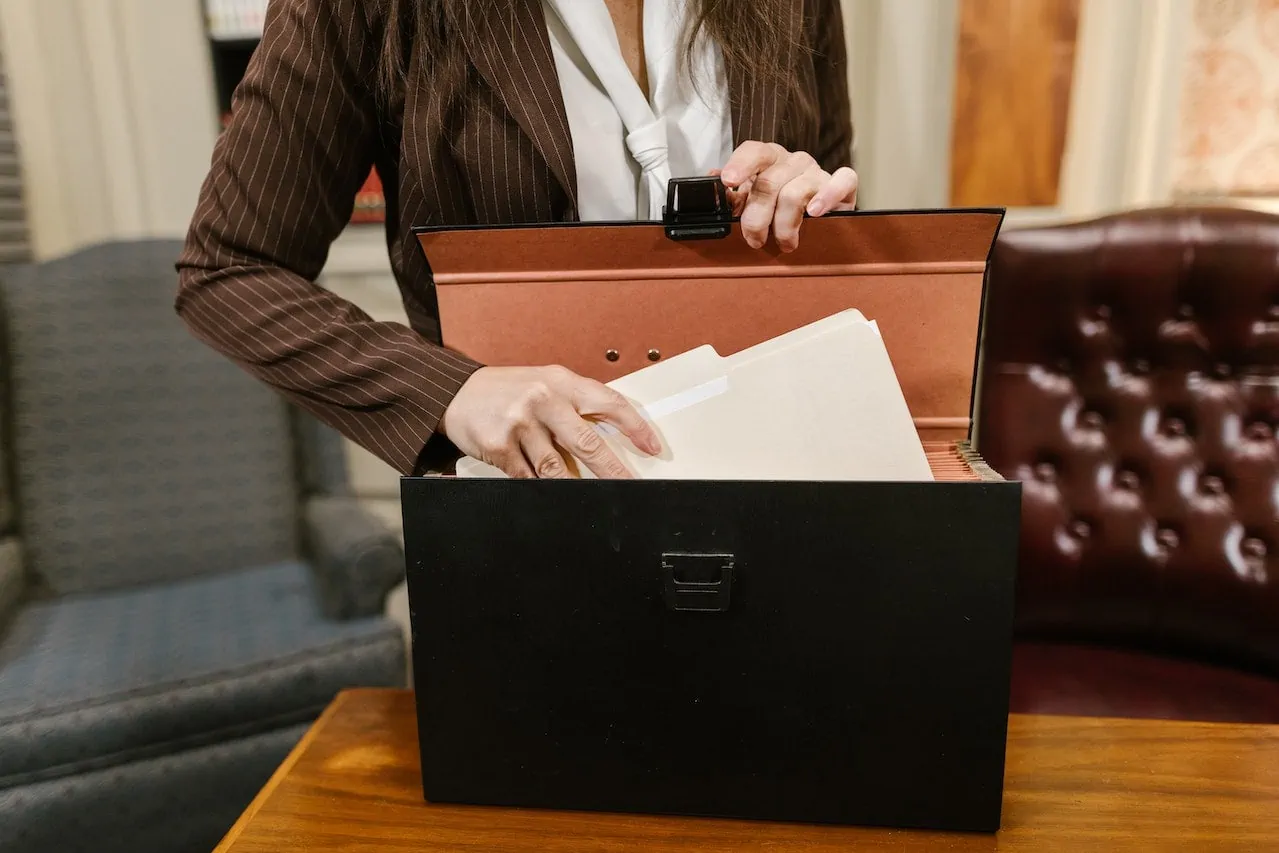
North Carolina AG Helps Obtain $11B Opioid Settlement from Drug Stores
CVS and Walgreens, America’s two largest pharmacies, agreed to pay $11 billion to North Carolina and 18 other states for their role in the opioid epidemic. Together, the attorney generals worked to reach an agreement with the pharmacies that held them responsible. The eleven-billion-dollar outcome is one of the largest in history. As part of the agreement, there is no wrongdoing admitted. At this time, no individuals will be held liable for the misconduct.
What Were CVS and Walgreens Sued Over?
The lawsuit was a complaint from North Carolina and 18 other states. Attorney General Josh Stein said CVS and Walgreens provided little to no oversight when it came to filling opioid prescriptions. Patients could be on a variety of painkillers or have overlapping prescriptions, but the pharmacies may have approved them anyway.
"They allowed just incredible dumping of pills into communities and did not have adequate red flags to identify when a particular pharmacy was turning into a pill mill," said AG Stein.
Many illegitimate clinics operate in a way that takes advantage of pharmacies with no oversight. Doctors who run pill mills will prescribe painkillers to anyone. Drug dealers often recruit people to go to doctors who prescribe a variety of opioids. Those painkillers then end up on the street, sold to people addicted to them.
With no oversight, there was no way for the system to flag multiple prescriptions. Some communities were inundated with opioid addiction.
How Will the Settlements Be Used in North Carolina?
North Carolina's has already received some funds from prior lawsuits. Its prior share of opioid settlements cash was over a billion, to be paid out over many years. The state also has a pending $3.1 billion settlement with Walmart pharmacies that will be executed in similar circumstances.
Right now, the other AGs involved in the opioid lawsuit need to review the deal and agree to it. If it goes through, about $1.2 billion would be used to pay legal expenses. Then, the money is divided according to demographics of each state. States will be distributed the money based on their demographics when it comes to substance use disorder.
All of the money from the opioid settlements will be used to address addiction in communities. Some of the hardest-hit cities will get the most funding. However, it’s up to states to also address disparities in rural communities.
Addressing Treatment Disparities in North Carolina
Many people who live in North Carolina need help getting sober from opioids, but the facilities just don’t exist for in-person treatment. Accessibility is another issue that needs to be addressed for people in isolated areas, those who live in poverty, and those who may live with disabilities. Medication-Assisted Treatment, therapy, and other programs are vital to helping people get sober and stay that way.
With state assistance and money, there’s a great opportunity to address some of these inequities people face in rural areas.
Getting Help for Opioid Use In North Carolina
If you or somebody you love struggles with opioid use, help is available. We can help you get started on the path to living substance-free, even if you don’t live close to us! We offer telehealth sessions and Medication-Assisted Treatment, when appropriate.
Please give us a call to learn more about your options at 910-295-7246.
If you are in need of help, please call us at: 910-295-7246 or message us.
Categories
News
